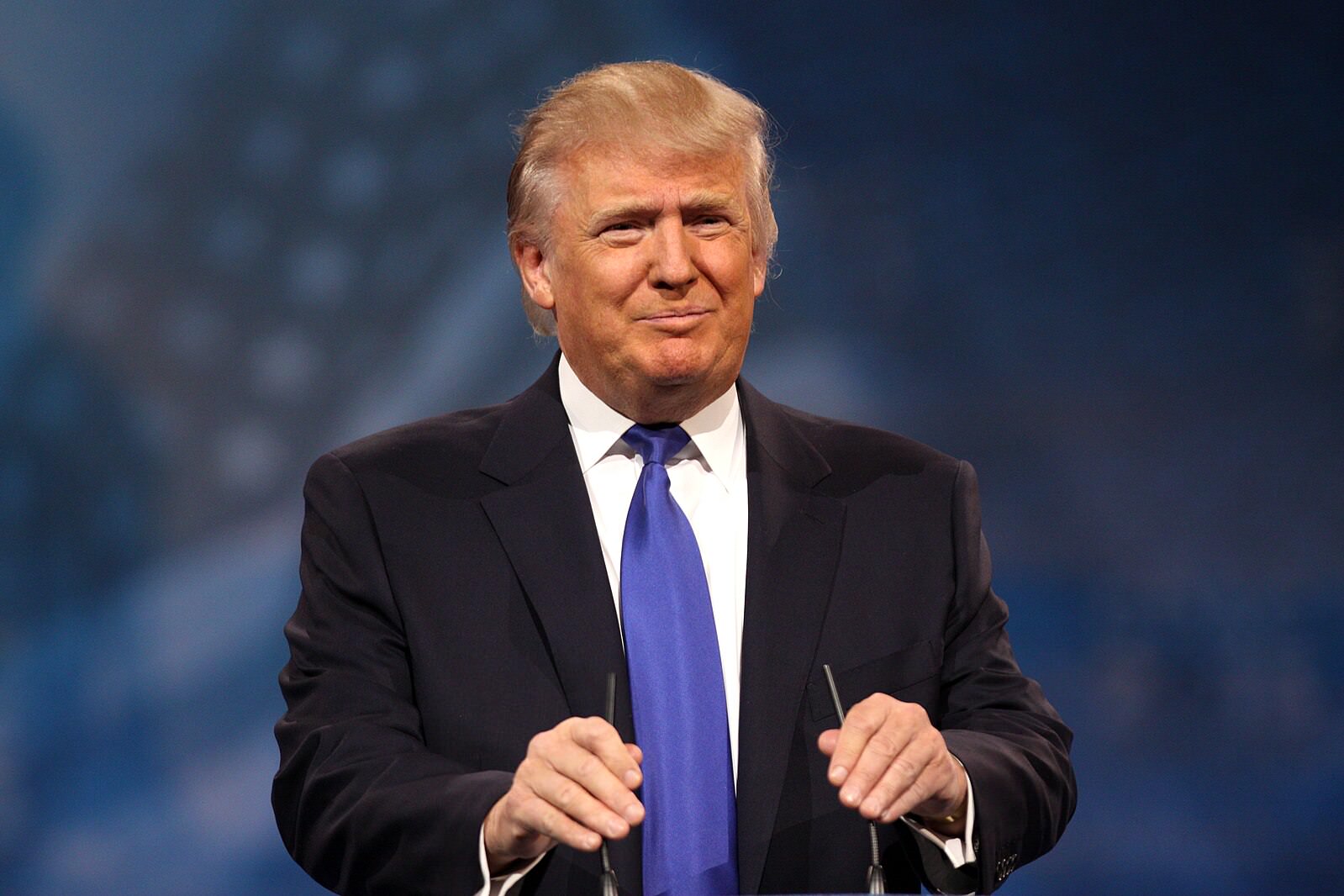U.S. News
Supreme Court rejects immediate review of Trump’s immunity from prosecution claim
By Jake Beardslee · December 22, 2023
In brief…
- Supreme Court declines expedited review of Trump's immunity claim, stalling special counsel's timeline.
- Lower court to quickly hear immunity appeal, but unclear when issue could return to Supreme Court.
- Delay makes Trump's March 2024 trial date improbable, but doesn't preclude high court involvement later.
- No justices dissented from order denying urgent consideration, suggesting court doesn't see issue as emergency.

The Supreme Court on Friday declined special counsel Jack Smith’s bid for expedited review of former President Donald Trump’s claim that he cannot be prosecuted over his efforts to overturn the 2020 election because he has presidential immunity. The terse one-line order from the justices gave no explanation for refusing to immediately take up the issue.
The decision is a setback for Smith’s goal of keeping Trump’s criminal trial on schedule to begin March 4, 2024. Smith argued urgent resolution of the immunity question is needed due to the massive national interest in the case. But the Supreme Court’s inaction means the issue will remain pending at the federal appeals court in D.C. for now, Politico reported.
That court has set an accelerated schedule to hear arguments on January 9 on Trump’s appeal of a lower court ruling rejecting his immunity claim. The timing of when the issue could return to the Supreme Court is uncertain. While this delay may only moderately disrupt Smith’s trial timeline, it could make a spring 2024 trial virtually impossible if the high court gets involved later.
Smith has charged Trump with conspiring to obstruct the transfer of power after the 2020 election. The indictment alleges Trump disenfranchised voters and pressed officials to overturn results using false fraud claims. Trump contends he was acting in his official duties, making him immune from prosecution.
Friday’s order suggests the justices don’t see an urgent need to conclusively settle the immunity issue immediately. However, declining expedited review doesn’t preclude the Supreme Court from taking up the matter after the appeals court rules. The delay just makes it much harder for Smith to meet his ambitious pre-2024 election trial target.